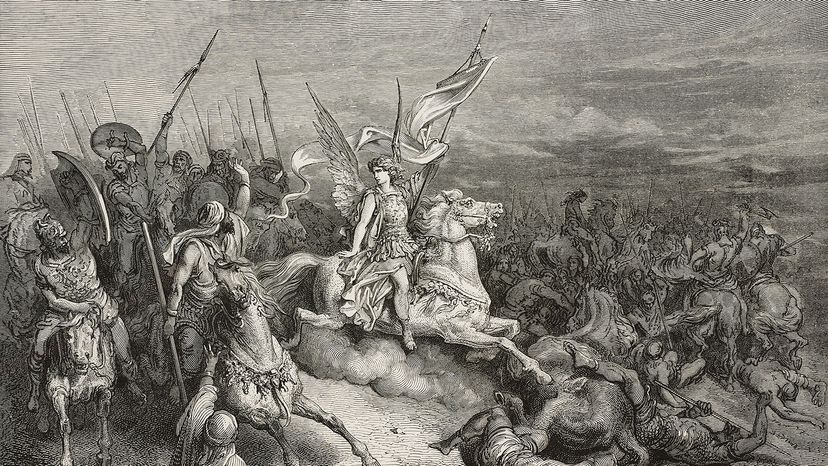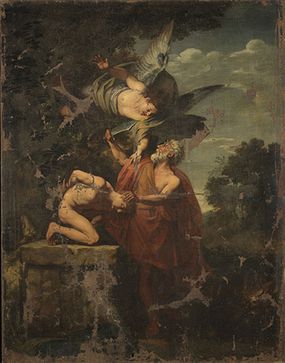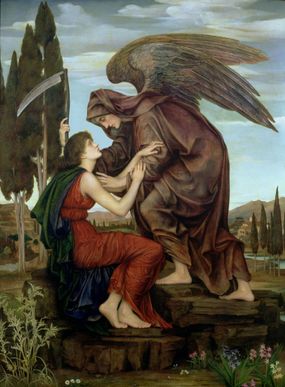
Key Takeaways
- The concept of the "angel of death" is not explicitly mentioned in the standard biblical canon but is derived from texts like the "Testament of Abraham" and Hadith stories.
- In ancient Jewish and early Christian texts, the angel of death, such as Mastema, is portrayed as carrying out divine will rather than acting against it.
- In Islam, the angel of death, known as Malak al-Mawt, strictly follows God's orders and is responsible for harvesting souls based on predetermined fixed dates of death.
Every spring, as Jewish families gather to celebrate Passover (Pesach), they retell the story of the Israelites' hasty exodus from Egypt. The ancient holiday takes its English name from God's promise to "pass over" the homes of faithful Israelites while delivering the 10th and most painful plague upon the Egyptians, the death of their firstborn. As it's written in Exodus 12:23:
In the popular retelling of the Passover story, the "destroyer" is often called the "angel of death," but the words "angel of death" don't actually appear anywhere in the Hebrew Bible, the Christian New Testament or the Islamic Quran.
Advertisement
Does that mean that the angel of death doesn't exist in the monotheistic traditions? Not at all. It only means that our popular conception of the angel of death doesn't come from the standard biblical canon, but from curious texts like the "Testament of Abraham" from the first century C.E., and from tales of the angel of death circulated in the Hadith, sayings attributed to the Prophet Muhammad and his companions.
"Stories about angels move around Jews, Christians and Muslims like nobody's business," says Stephen Burge, a research associate at the Institute of Ismaili Studies in London and author of "Angels in Islam. "There was a lot of overlap and sharing across these traditions in the late antiquity and medieval period."
Advertisement




